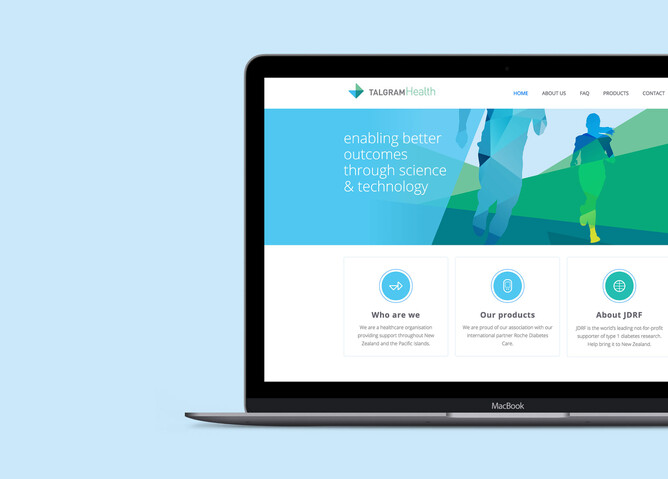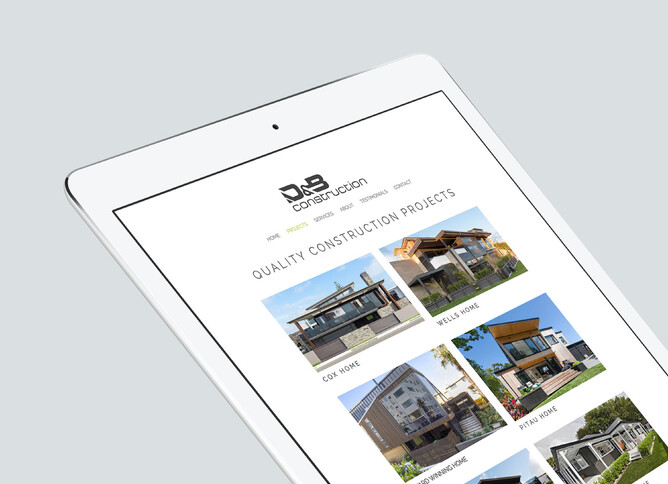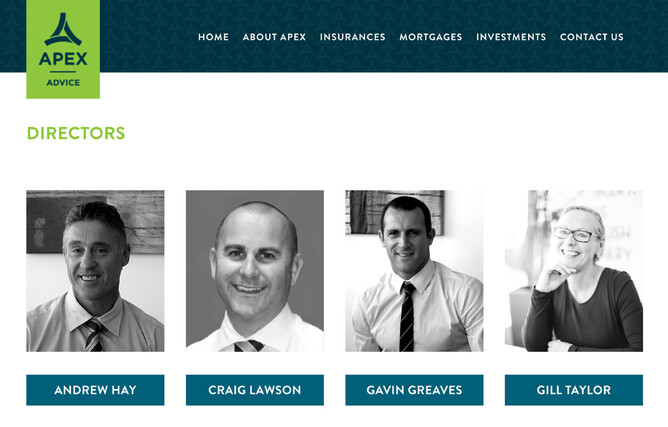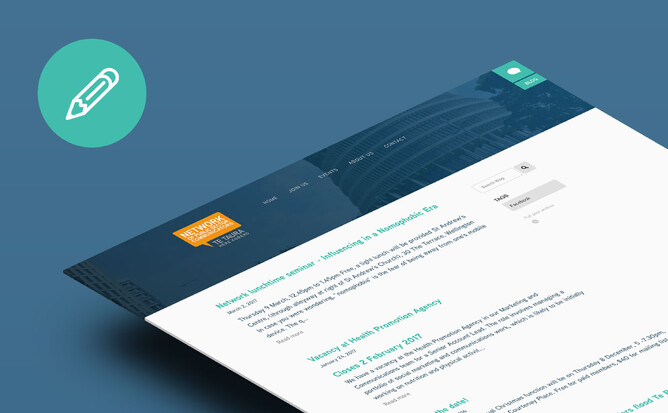“A little bird tweeted me”: how a website will boost your business’s word-of-mouth buzz
Some industries run on word-of-mouth. You finally make it to that fancy restaurant your friend has been buzzing about. The tap is leaking, so you ask your mum who her plumber is. You chose this particular bookkeeper because you’ve heard she’s “amazeballs”. So if you’re in one of those of industries and customers are spreading the word about your business to their friends, then a website is irrelevant...right?
Far from it. Granted, word-of-mouth is the holy grail of marketing. Nielsen’s research shows that 92% of customers trust word-of-mouth above all else, so if you’ve got a strong reputation, then you’re onto a good thing. But research conducted by online customer service experts, Blue Corona, shows that almost 90% of consumers will check a business’s website before calling or emailing. But if you don’t have a website? They might not call at all.
A website capitalises on word-of-mouth
Why does a business that depends on positive word-of-mouth need a website?
1. It increases trust.
Few things matter more in business than trust. A personal recommendation certainly gives you a leg-up in the credibility department, but that’s not always enough. Having a website shows an enquirer that you’re a legitimate business they can trust—and not some a cowboy operator who’s had a few too many confrontations with the Fair Go crew.
2. It gives more information.
Word-of-mouth may be valuable but it’s not always comprehensive. Not every referral will include a detailed customer review, cost estimate, and contact details. Sometimes all a would-be customer knows is your name. They’re still left wondering what you offer, what distinguishes you from the competition, and how to get in touch with you. A website is by far the best way to give potential customers the information they need.
3. It can be shared on social media.
These days, word-of-mouth happens just as much on social media as it does in face-to-face interactions. Facebook users regularly ask their friends for business recommendations. Twitter users tweet about their favourite businesses. That’s social media marketing without you even having to spend a cent. But nobody is going to tweet out your phone number. Having a website gives these enthusiastic customers a way to connect others with you, simply by copy-and-pasting your website address. That puts you just one click away from new customers.
4. It’s easier to remember.
Even in the off-line world, web addresses trump phone numbers just for sheer memorability. Imagine a satisfied customer is taking a road trip with a buddy, gushing about what a fantastic job you did painting their house, on-time and under-budget. How are they going to put them in touch with you? Probably not by dishing out your phone number, right there on the spot. Nobody remembers phone numbers anymore . More often than not, they’ll give your web address or tell them to “just google it”.
Designing a buzz-friendly website
How do you design a website that’ll cash in on positive word-of-mouth?
1. Look professional.
The only thing worse than not having a website is having a crappy-looking website. Yes, having a website will give you credibility (see point #2 above) but only if it looks decent (Remember: there are a lot of shady websites around). How do you get a professional-looking website? Hire a professional! And that doesn’t have to cost the earth. There are DIY website services (like, oh, I don’t know...Rocketspark?) where the professionals have done the hard yards in creating clever web design software that you can use to create your own slick-looking site.
2. Show them your work.
They’ve heard through the grapevine that you do good work. With a website, you can actually prove it. Including examples of your work or a portfolio will add more weight to the recommendation a prospective customer has been given already. Think of it as a 1-2 punch: (1) a friend gives your business a rave review, and (2) they see your exceptional work online with their own eyes. It’s a knock-out.
3. Show them who you are
There’s a good chance that your word-of-mouth referrals will be searching for you by name so be sure to have a great About Us page that actually includes your name so that you are more likely to have a site that ranks well in search engines. Tell your own story too so that your potential new customers and clients can start to form a personal connection with you.
4. Include testimonials or case studies.
What’s better than a word-of-mouth referral? Lots of word-of-mouth referrals. And that’s exactly what testimonials are. They give enquirers the opportunity to hear from real customers. As we’ve already noted, trust is crucial, so make sure that you include enough detail to show that this devotee’s testimonial is actually from a real person and not a fabrication—things like full name, photo, company etc. And to truly harness the power of positive buzz, look at doing case studies, which are testimonials on steroids. Browse through our case studies for inspiration.
Blog your expertise.
Sometimes it pays to show off what you know. Maintaining a blog, where you write about topics relevant to your industry (and customers), will add to your credibility. Sharing what you know, for free, will show show prospective customers that you’re the real deal. There are a raft of other benefits to blogging, so here are our pointers for starting your own blog.
Conclusion: it’s about trust
There’s a common theme here: trust. Would-be customers are looking for somebody they know will get the job done. Designed well, a website will give you credibility, reassuring the customer that you’re the right person for the job. A word-of-mouth recommendation gets them thinking about your business; a solid website gets them making contact with you.
(Want a website but not sure where to start? Trial your own easy, DIY website here for free.)






